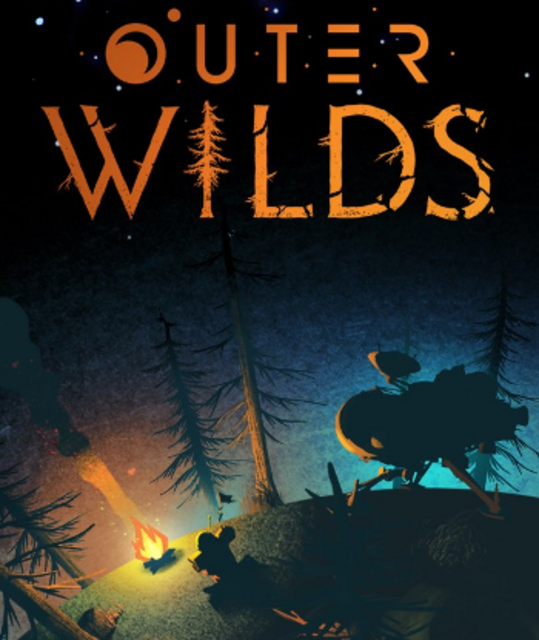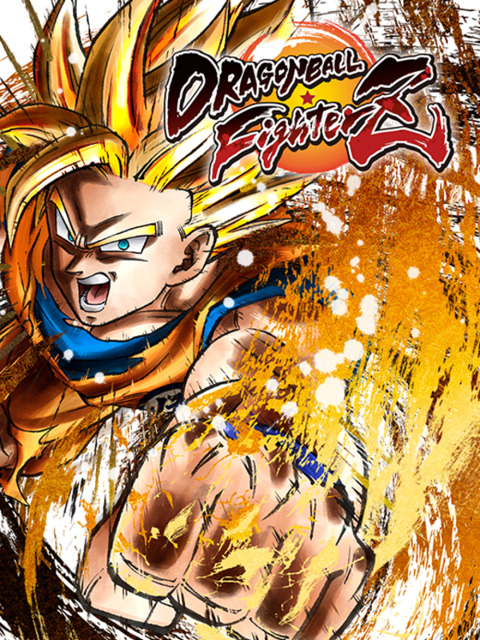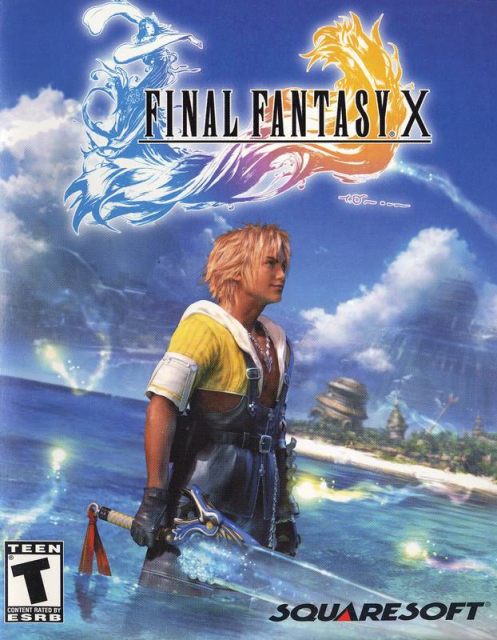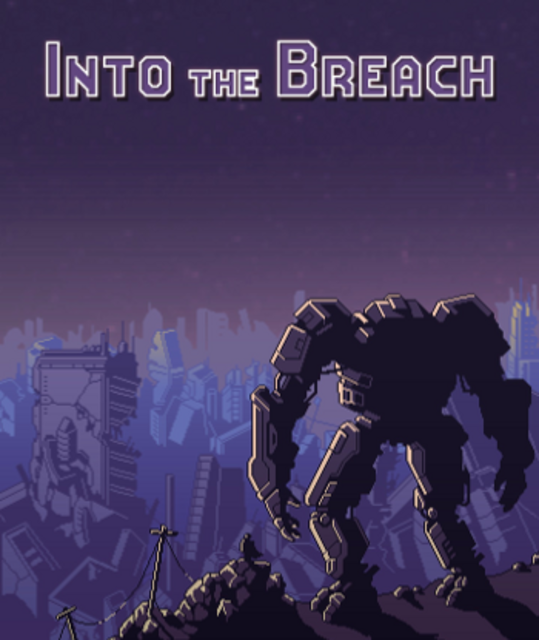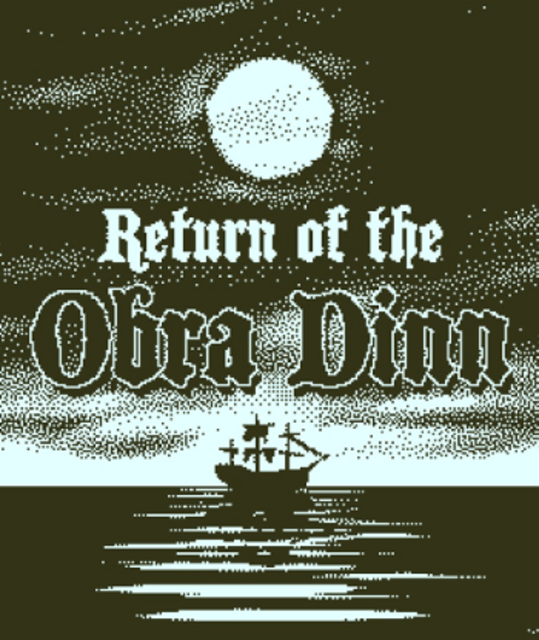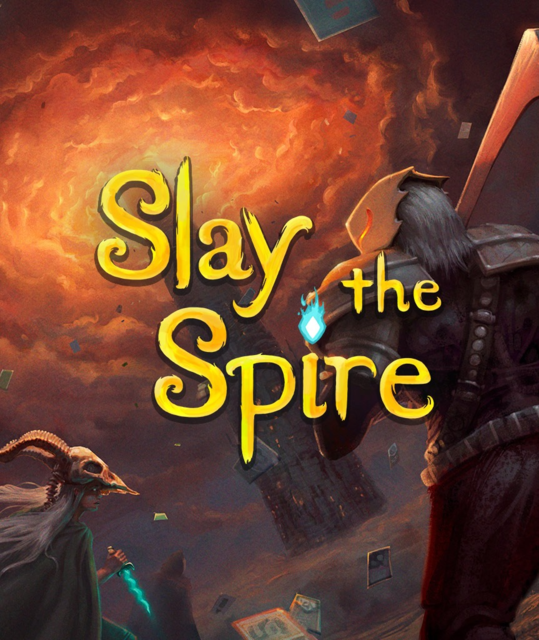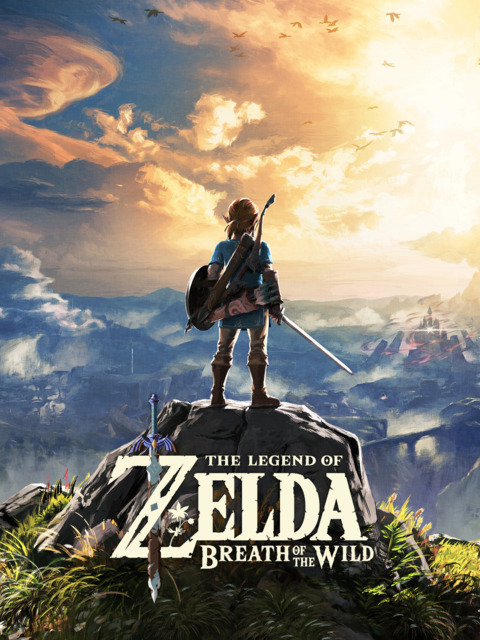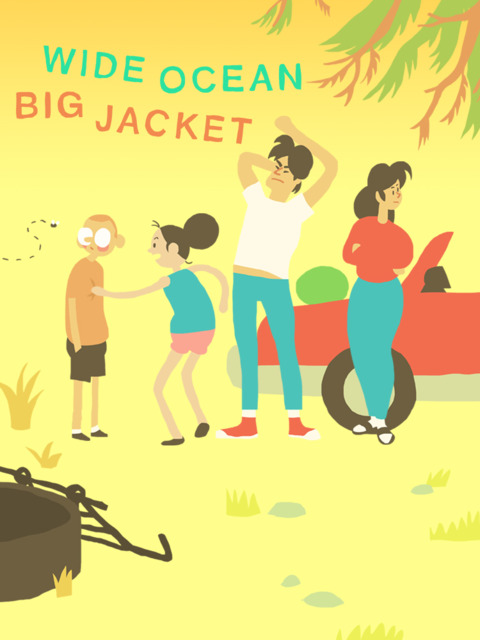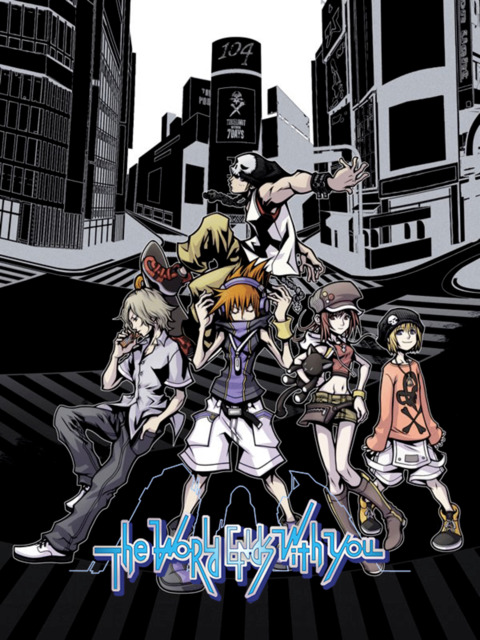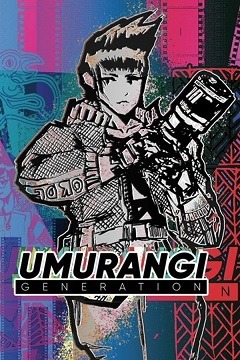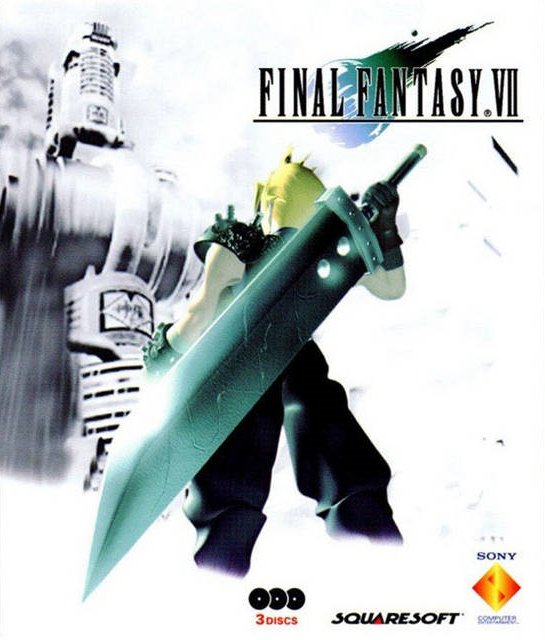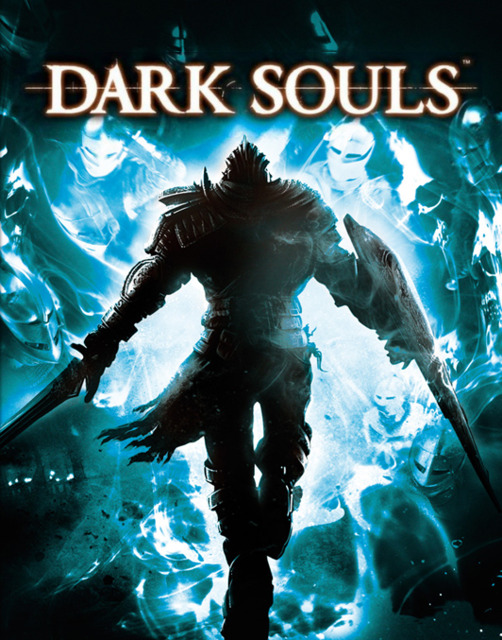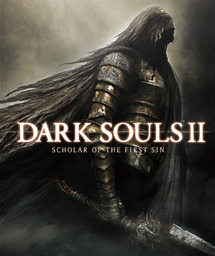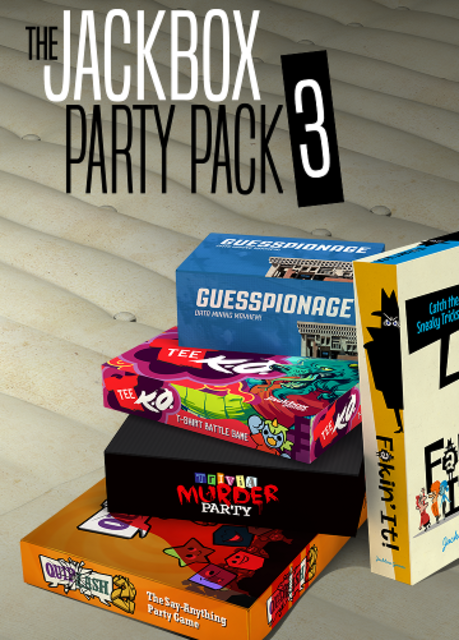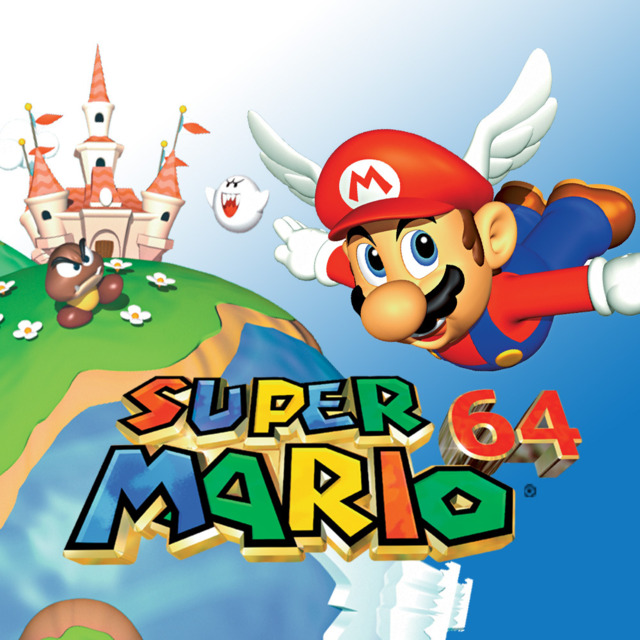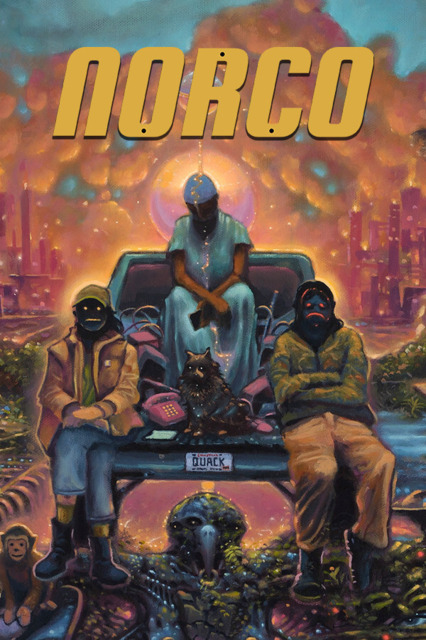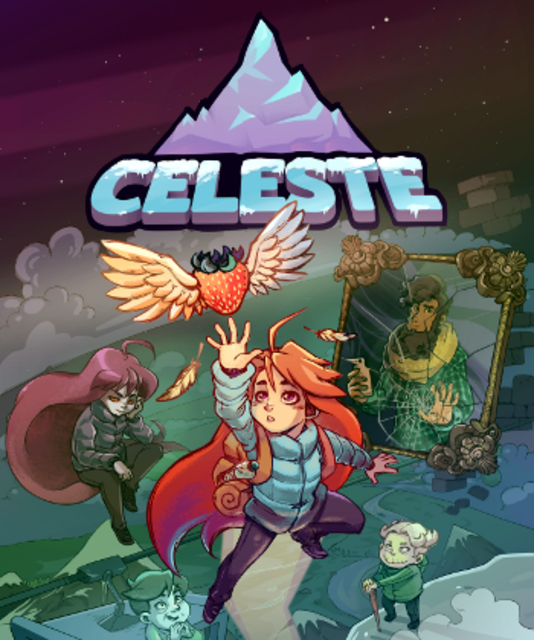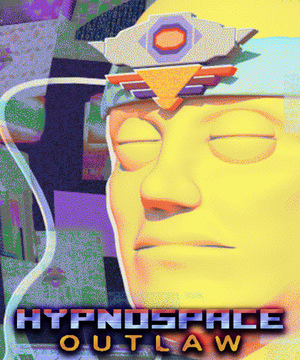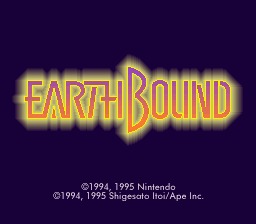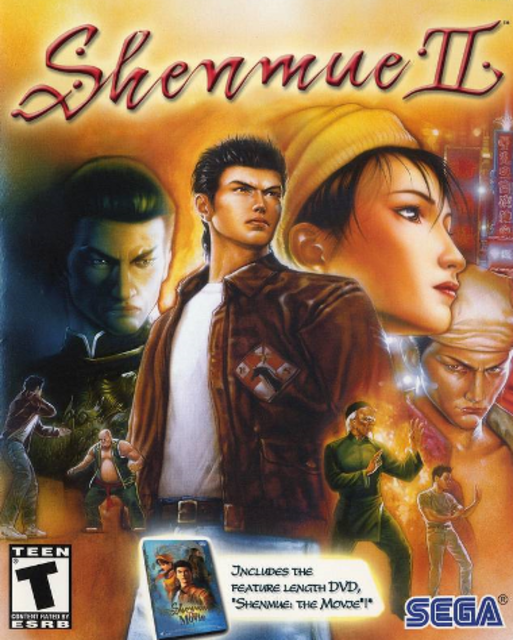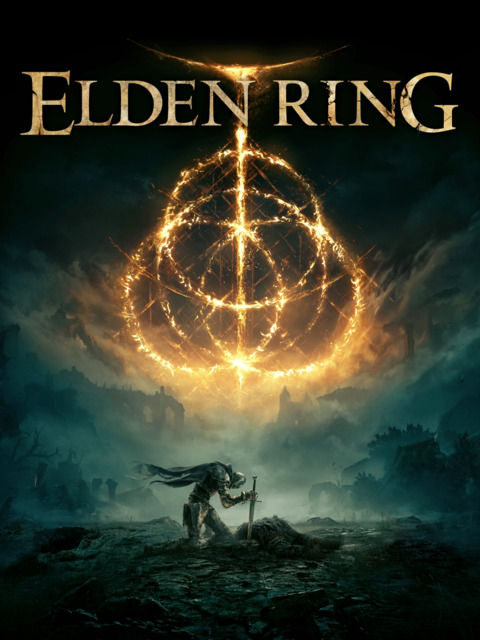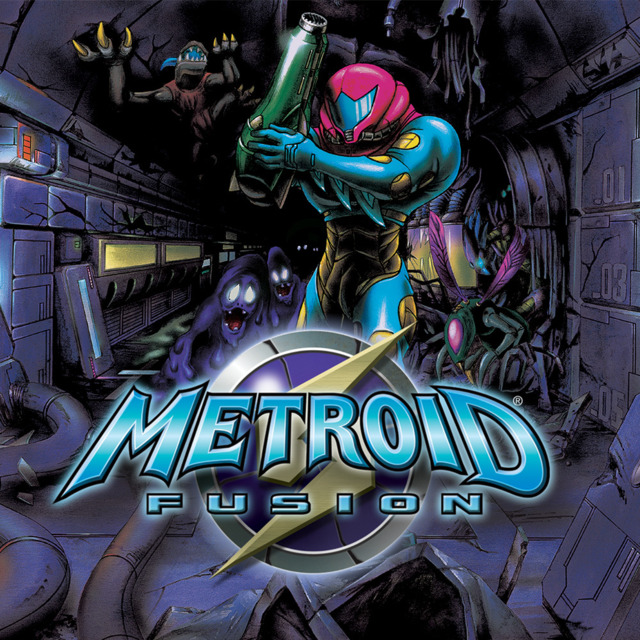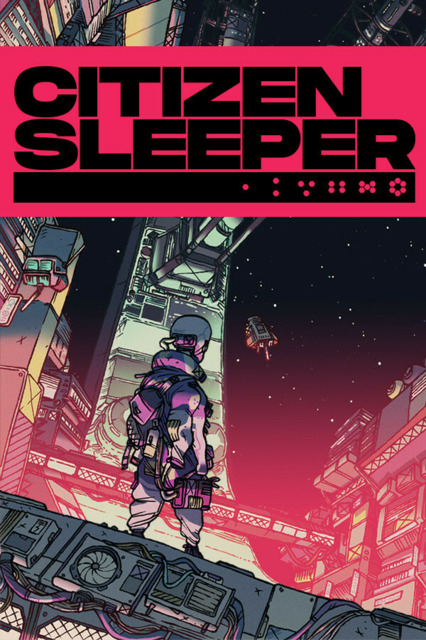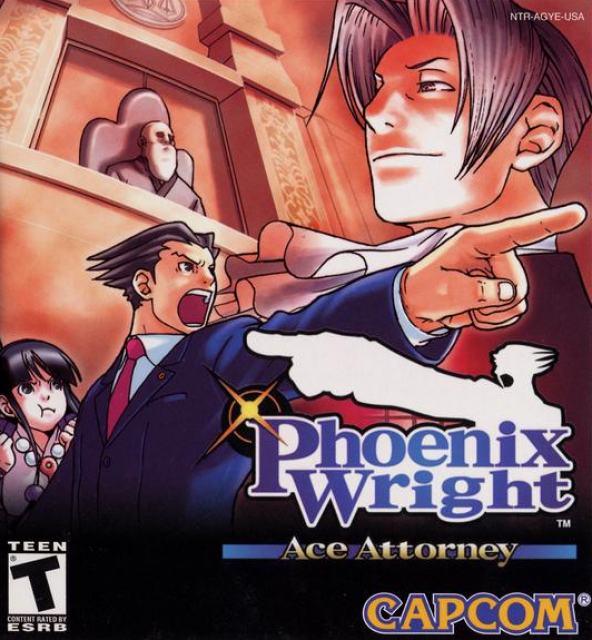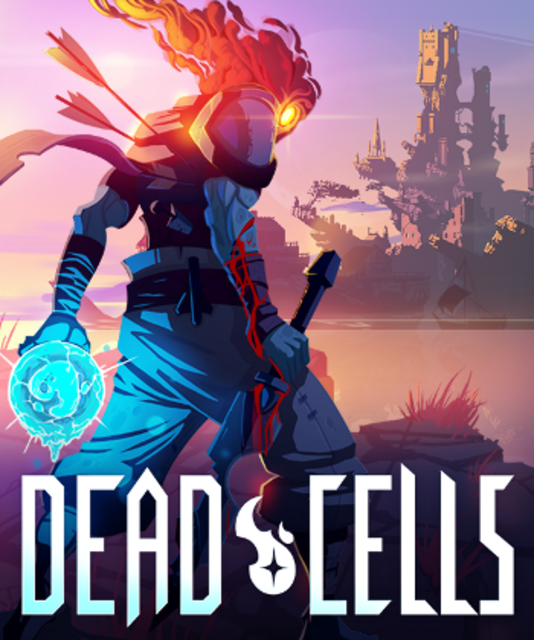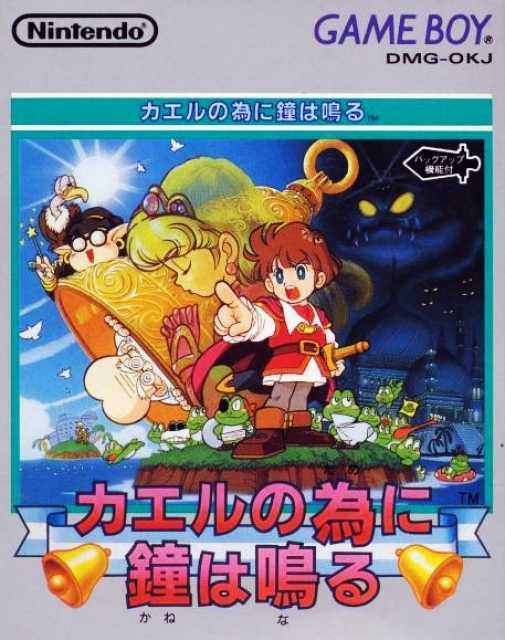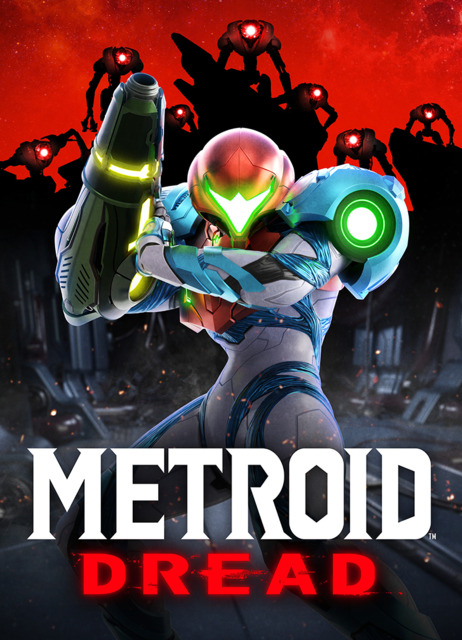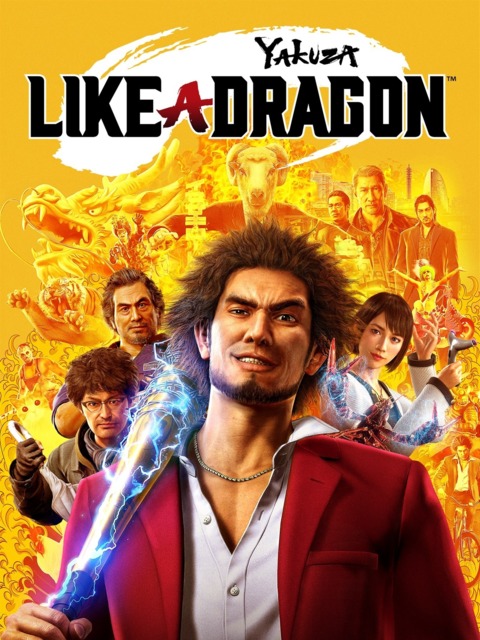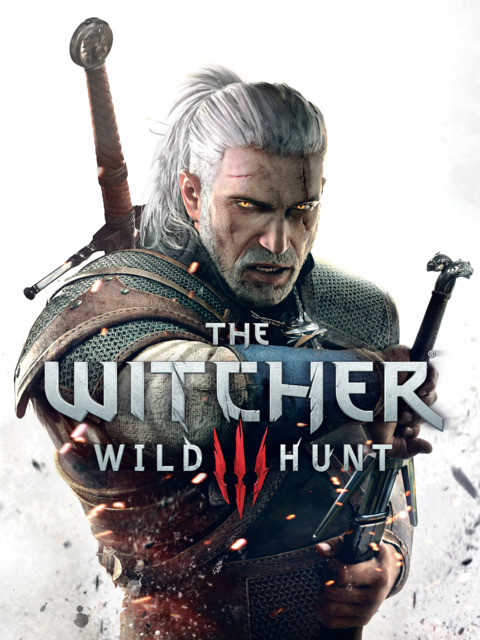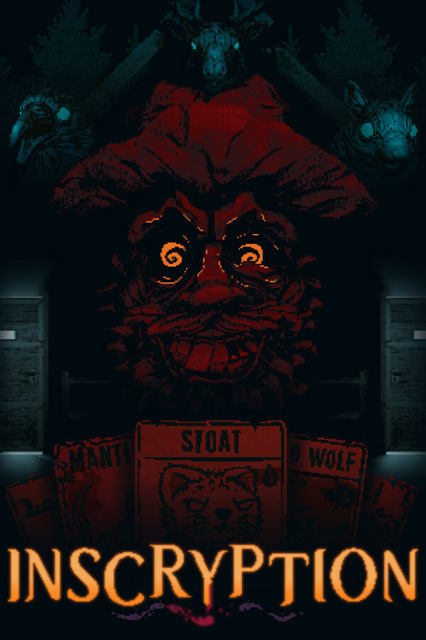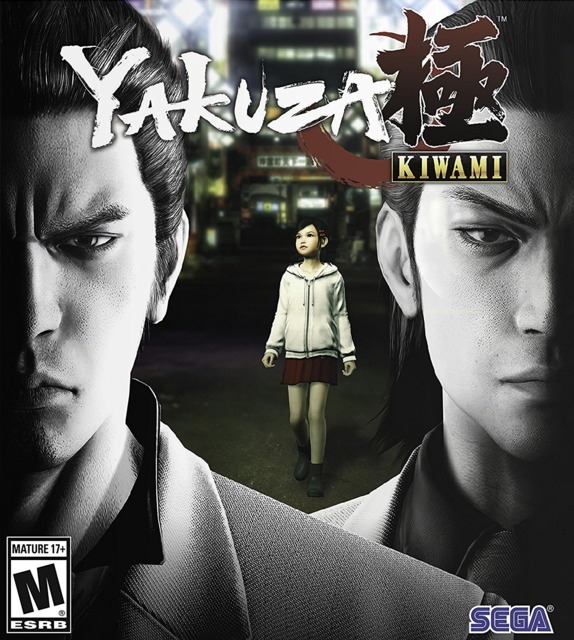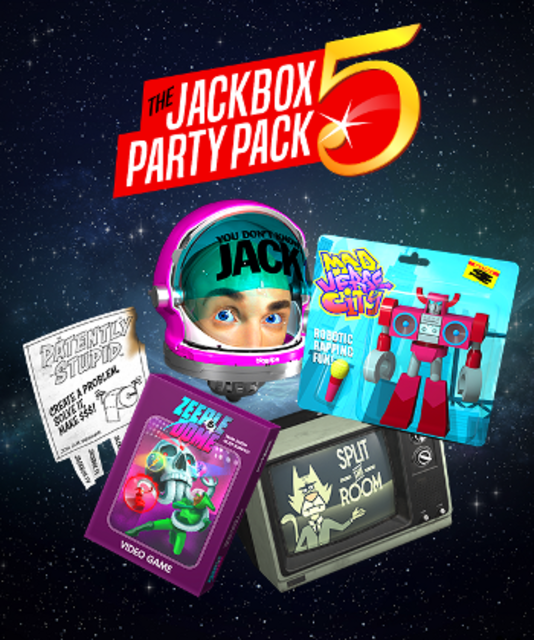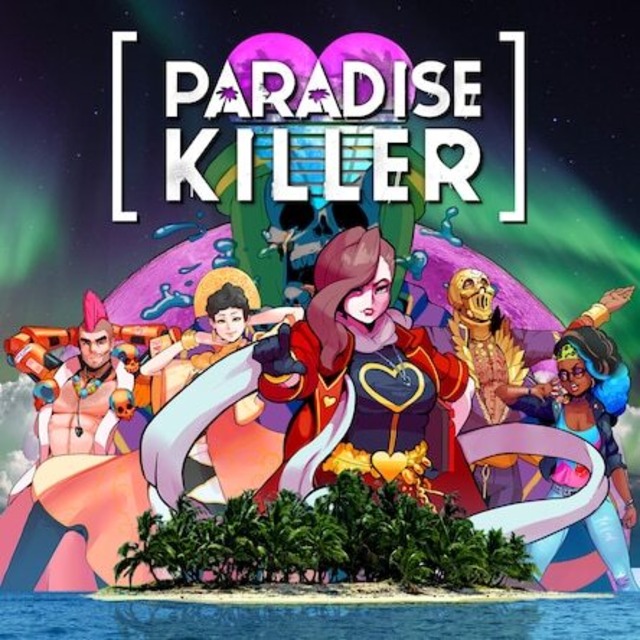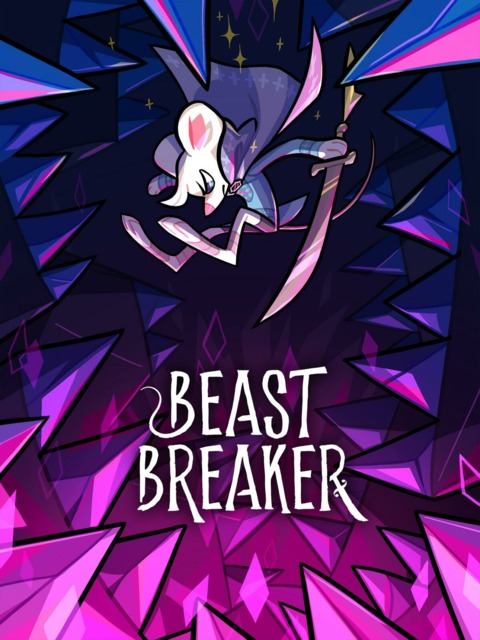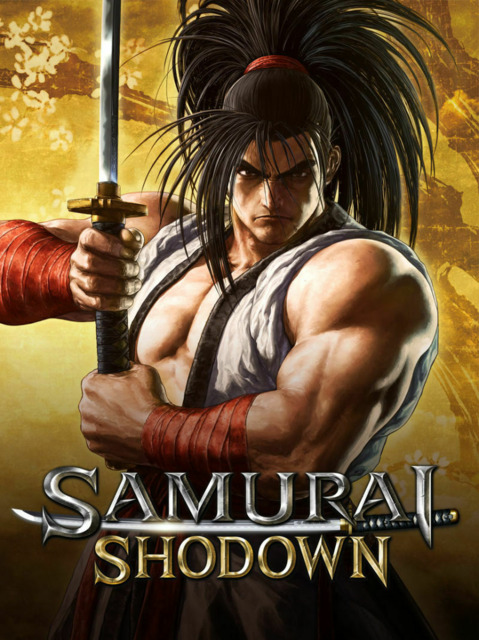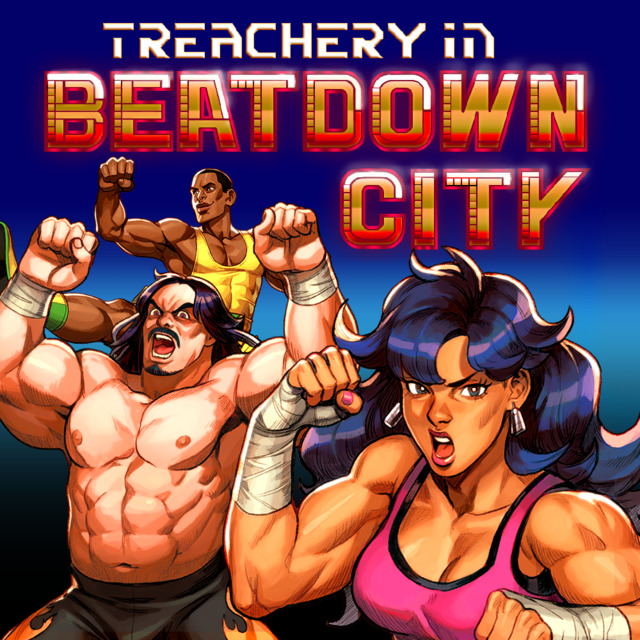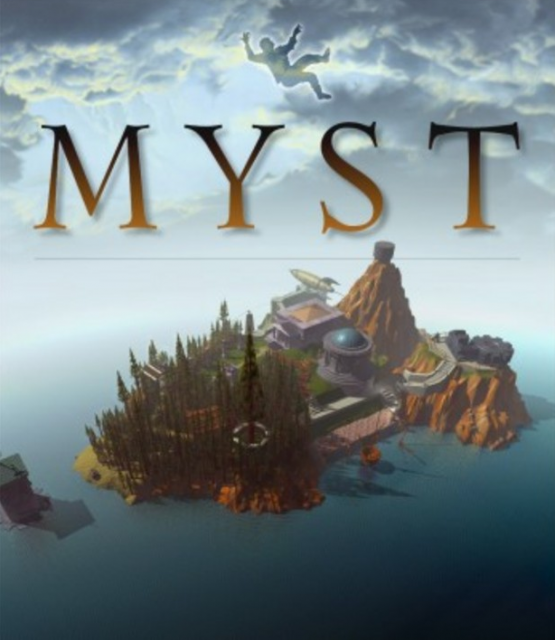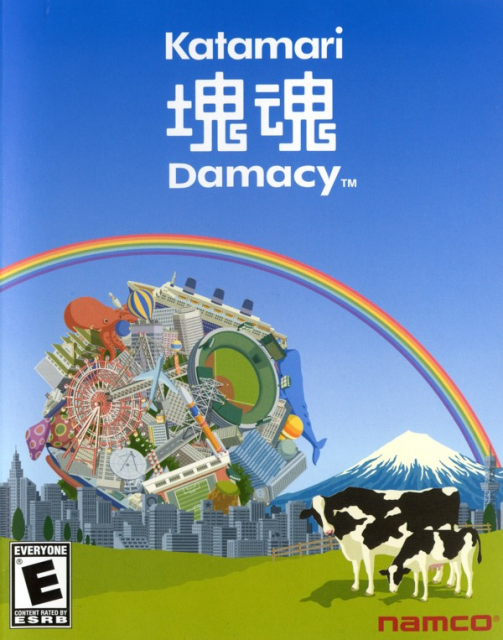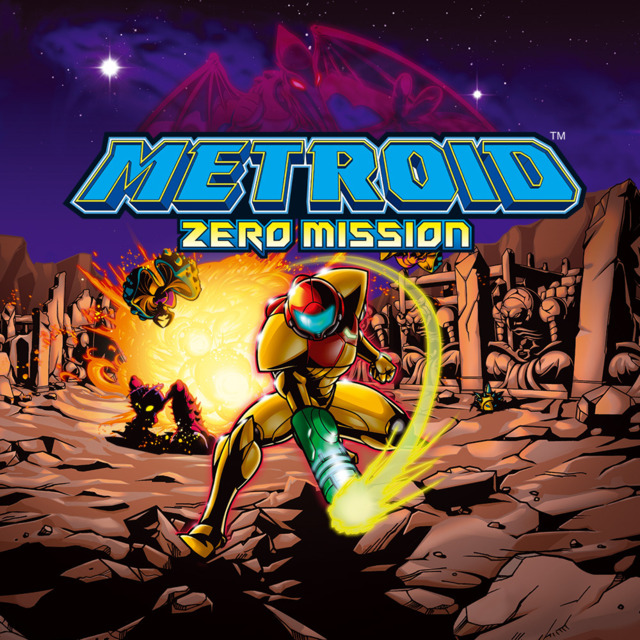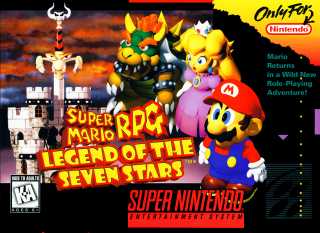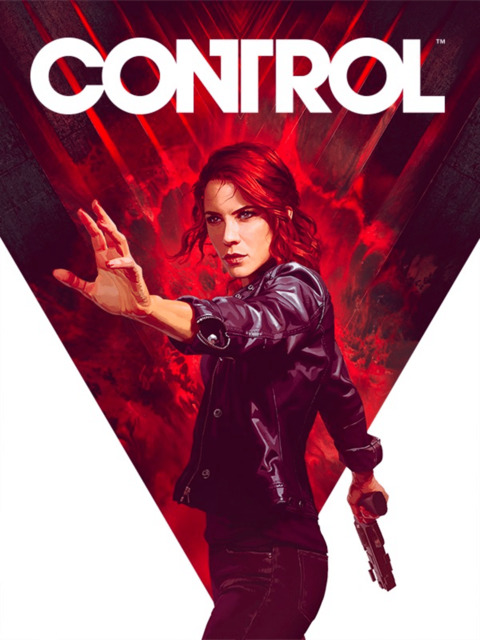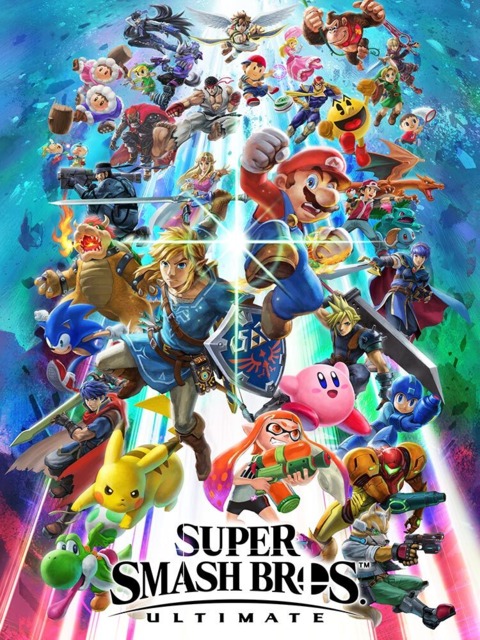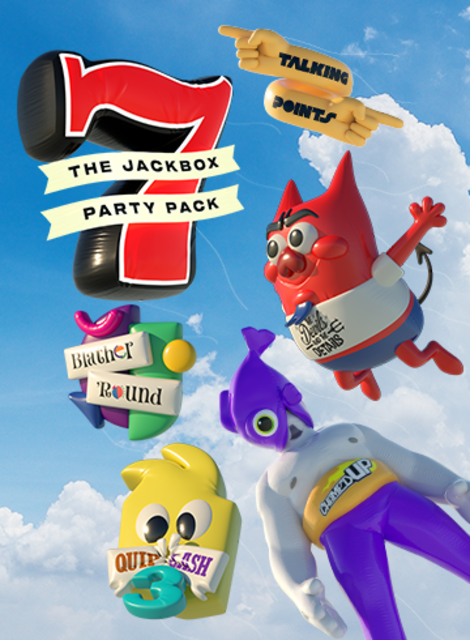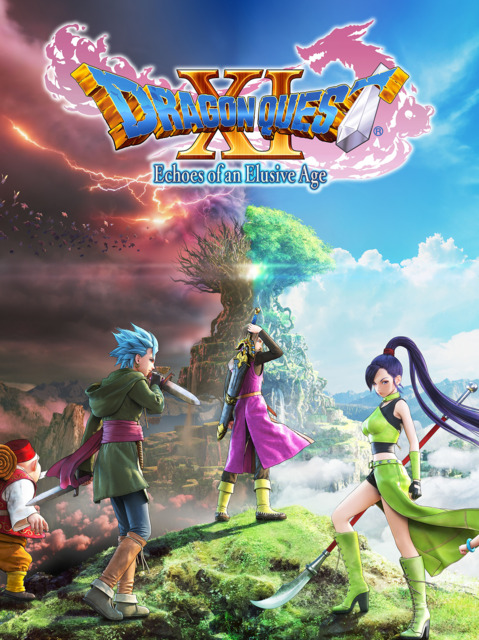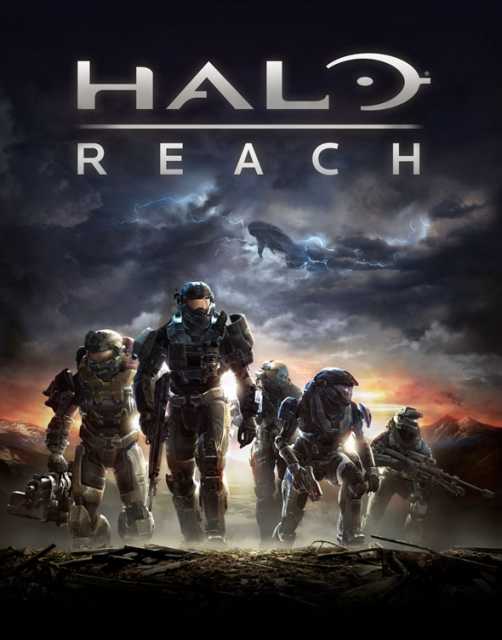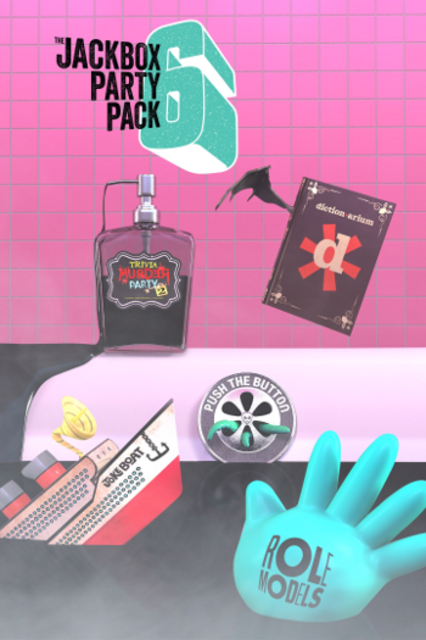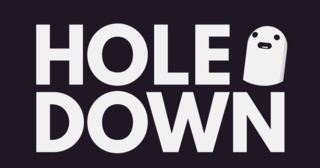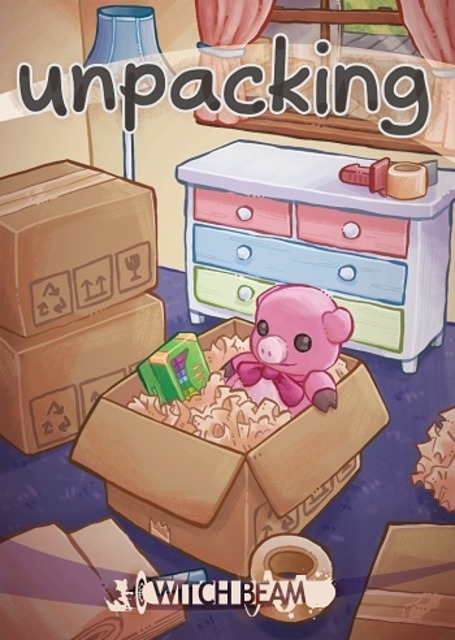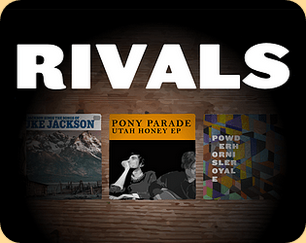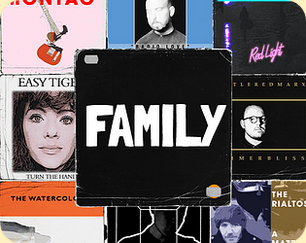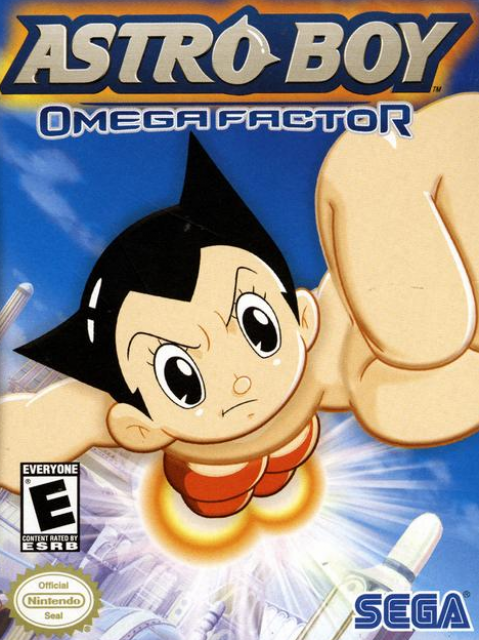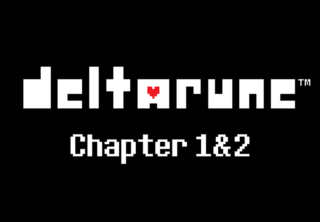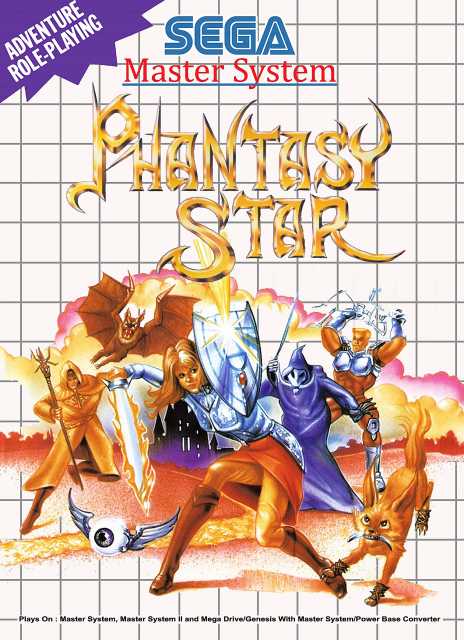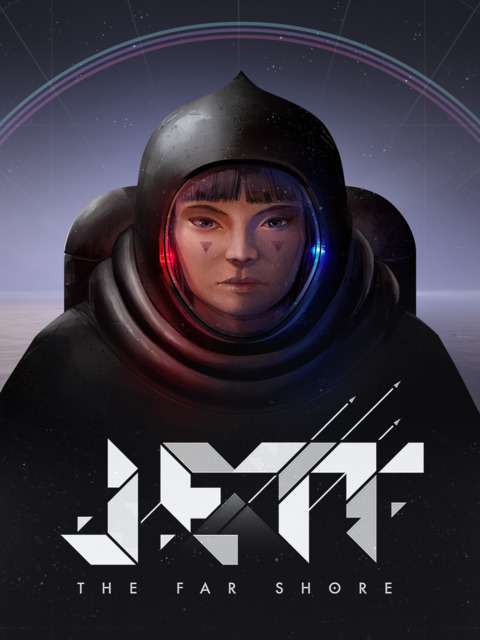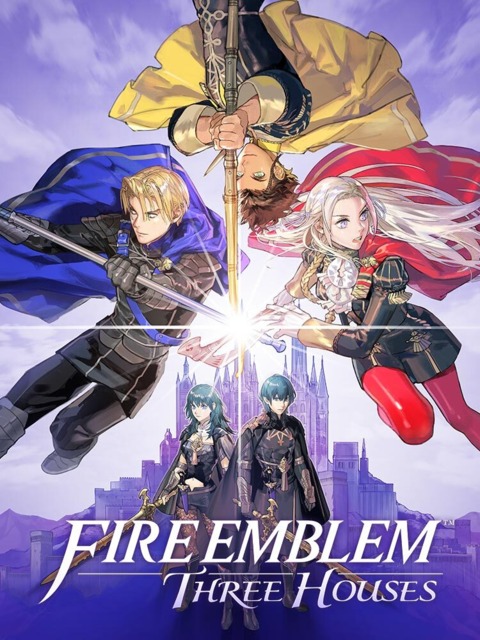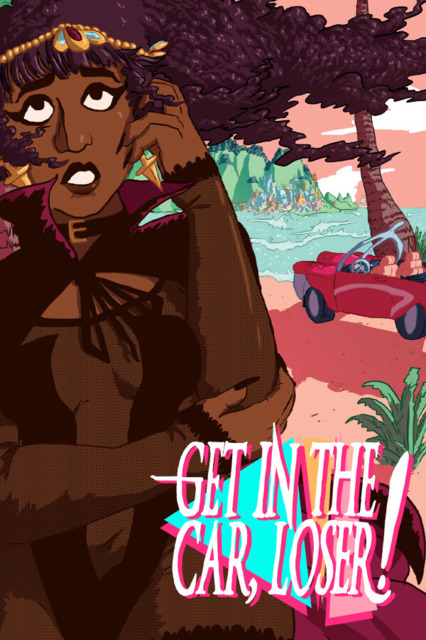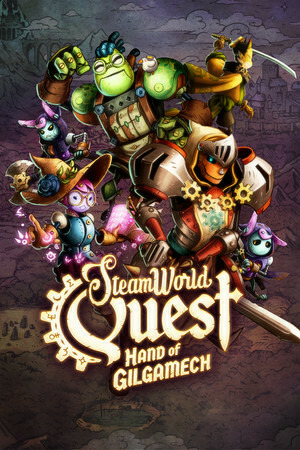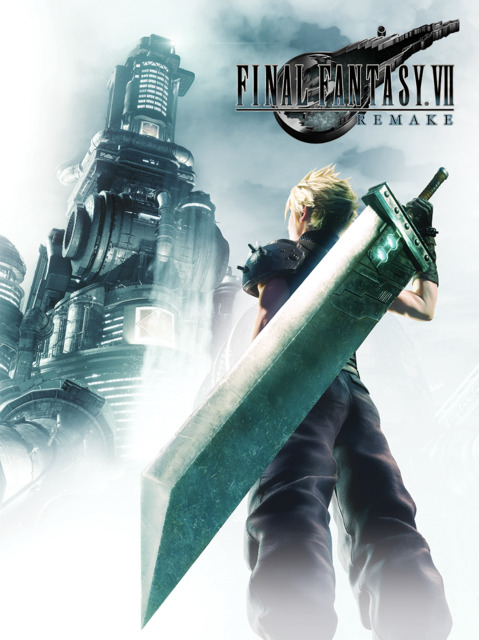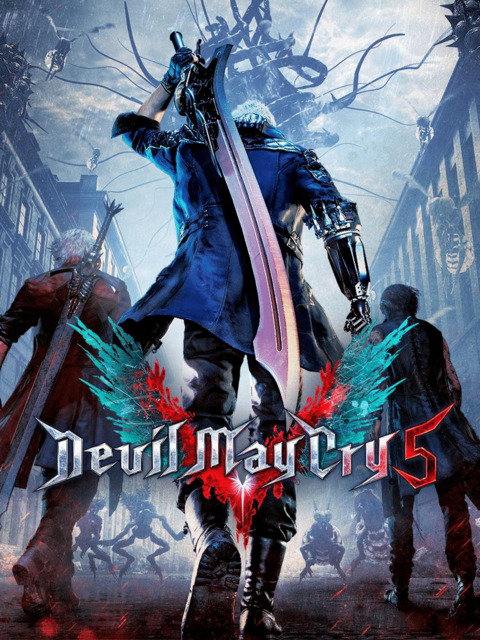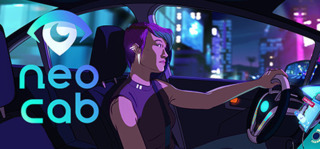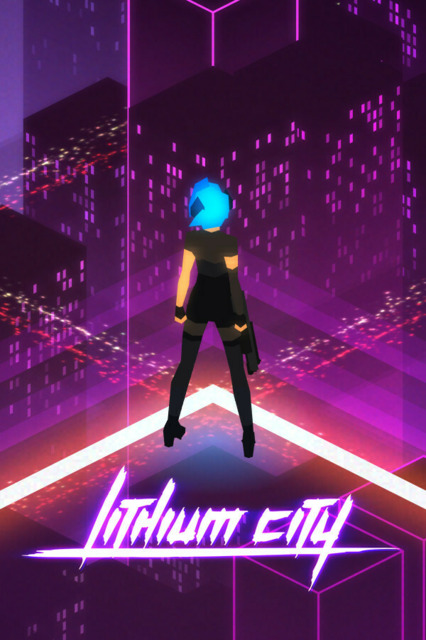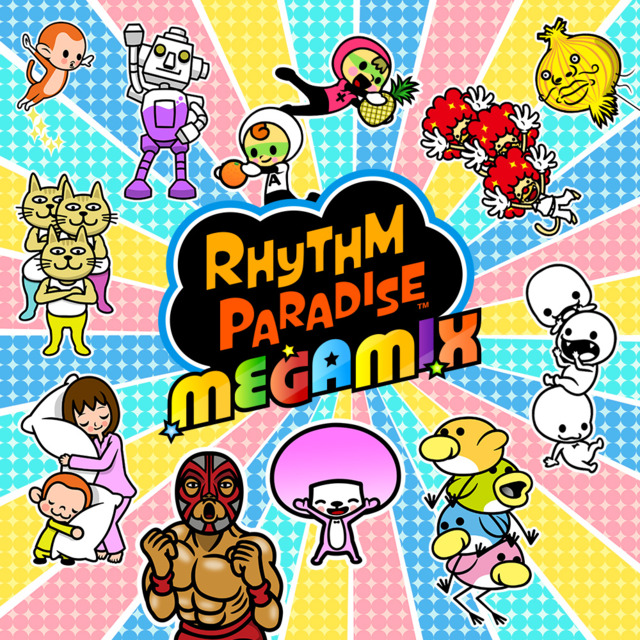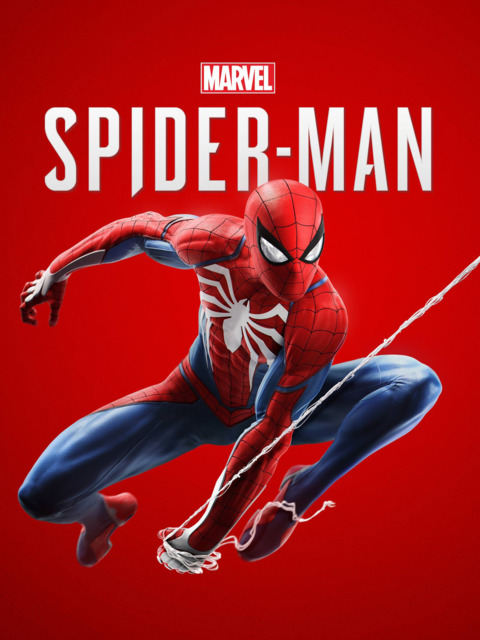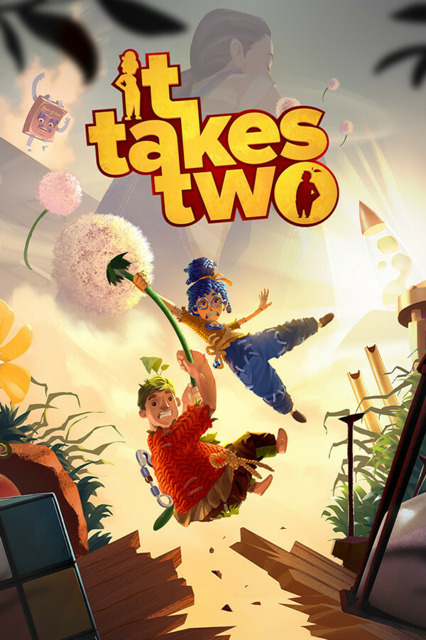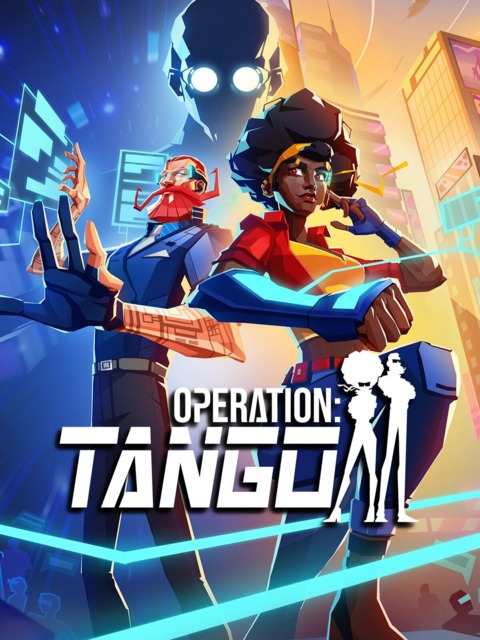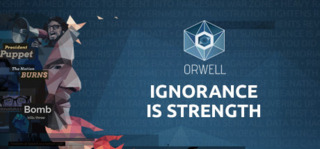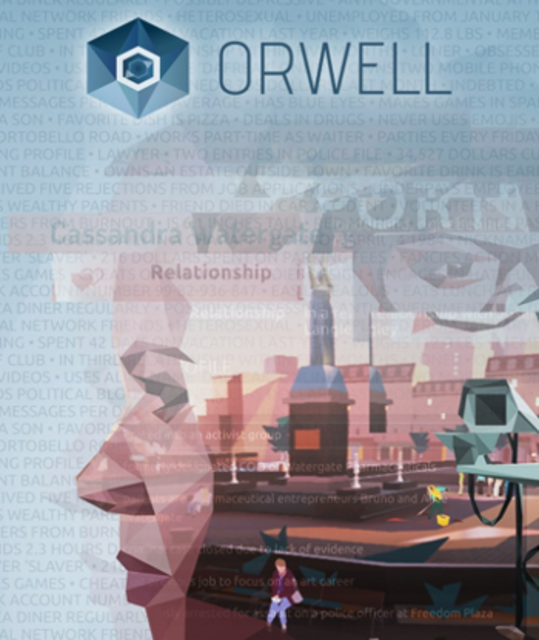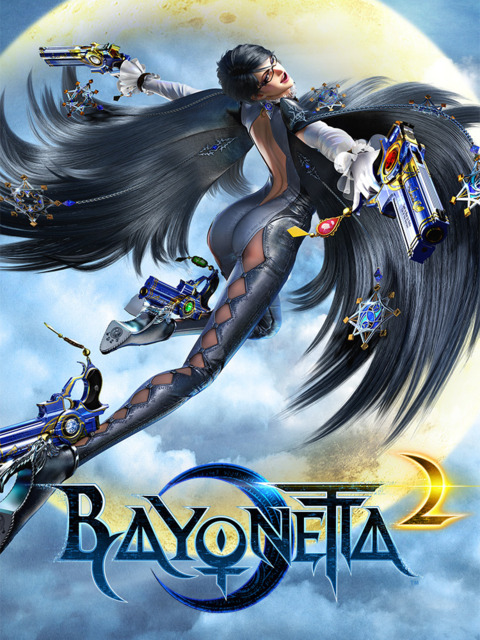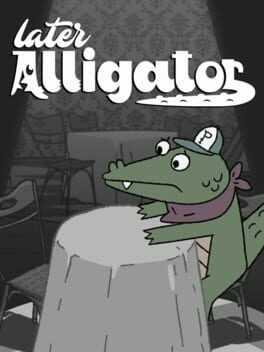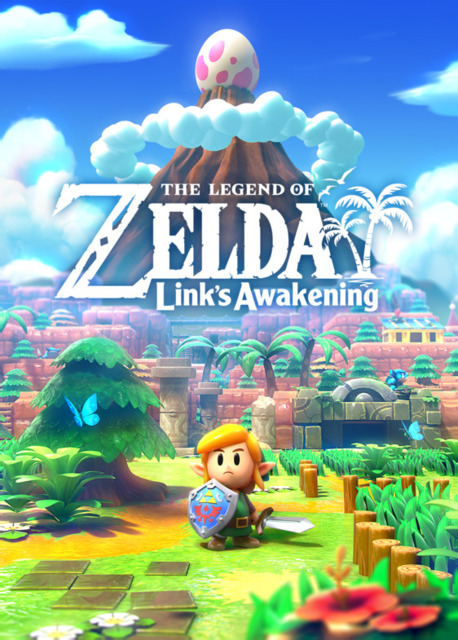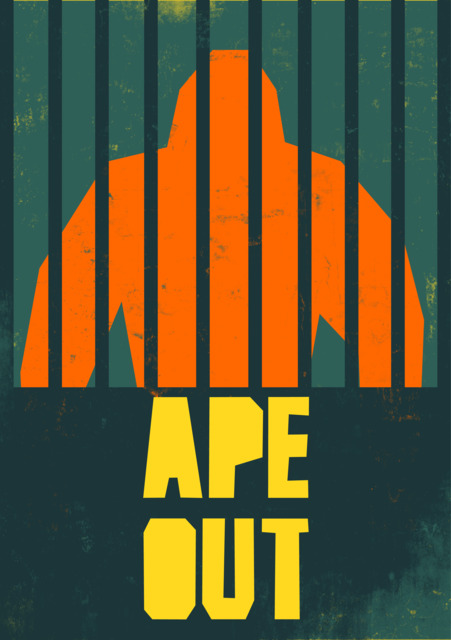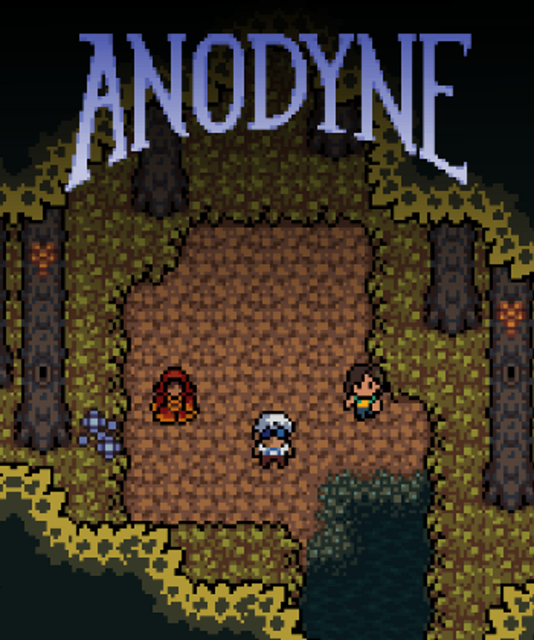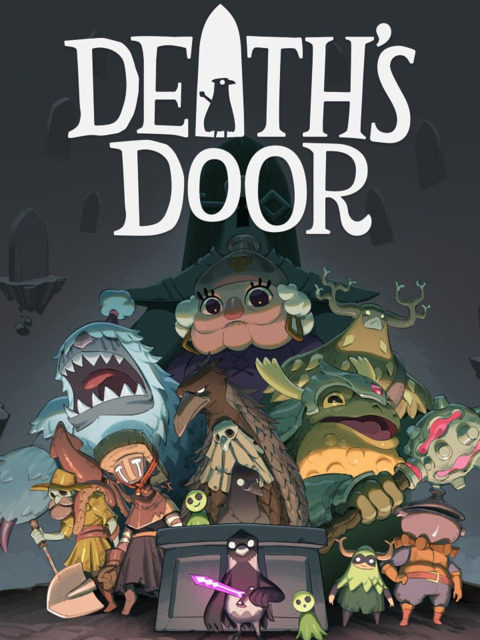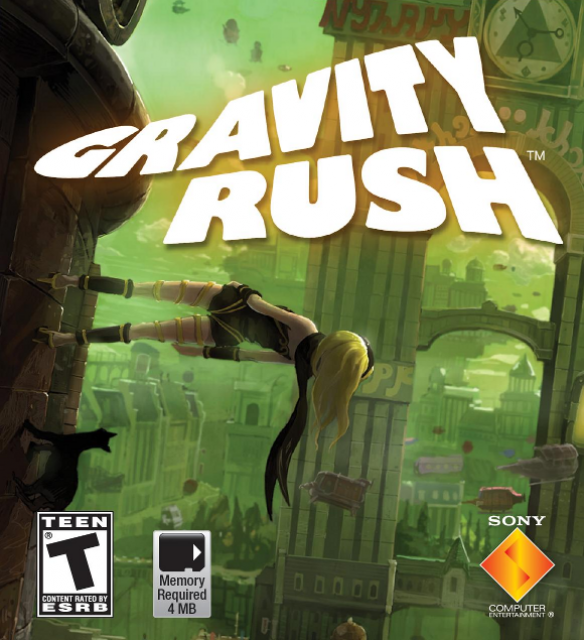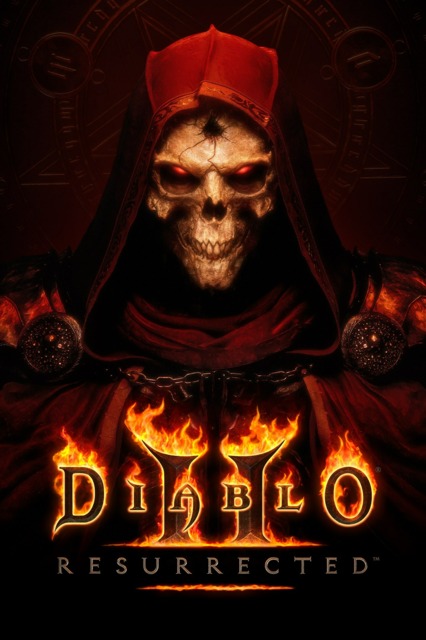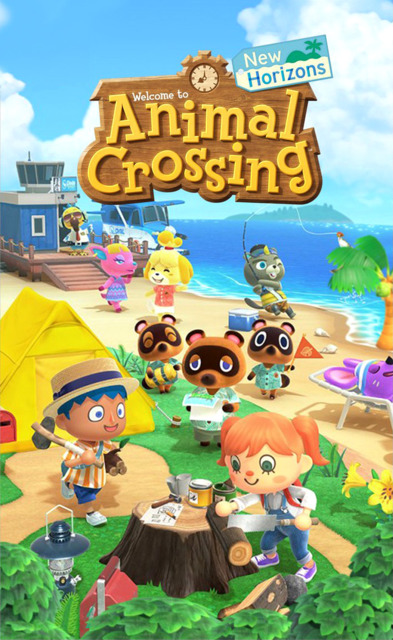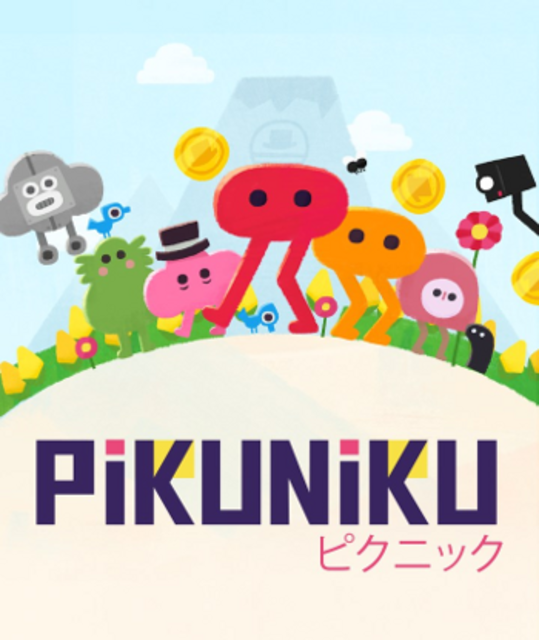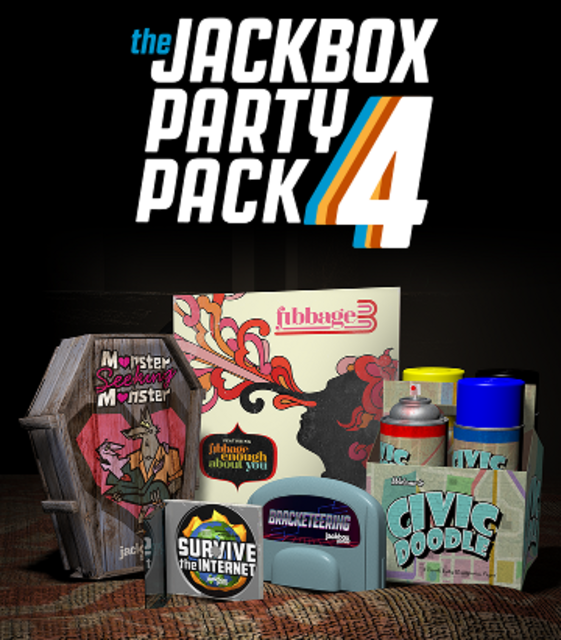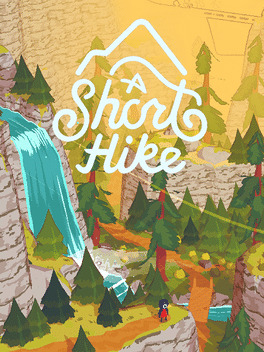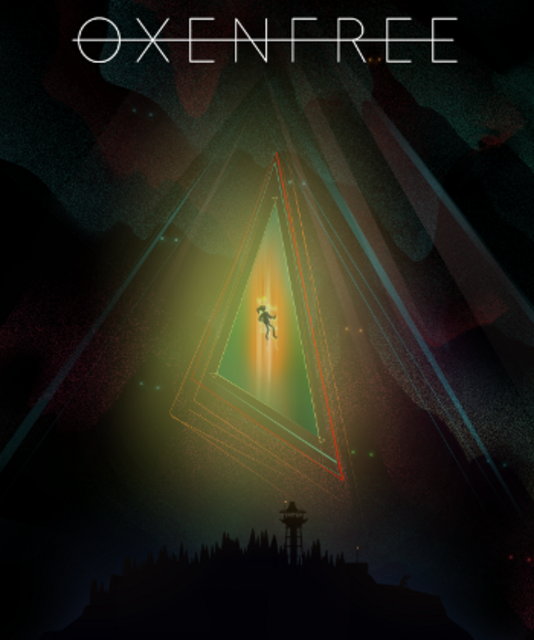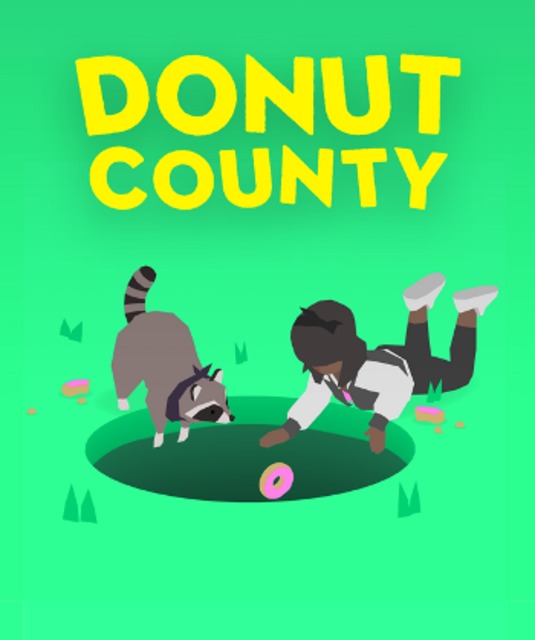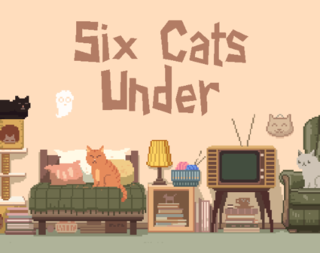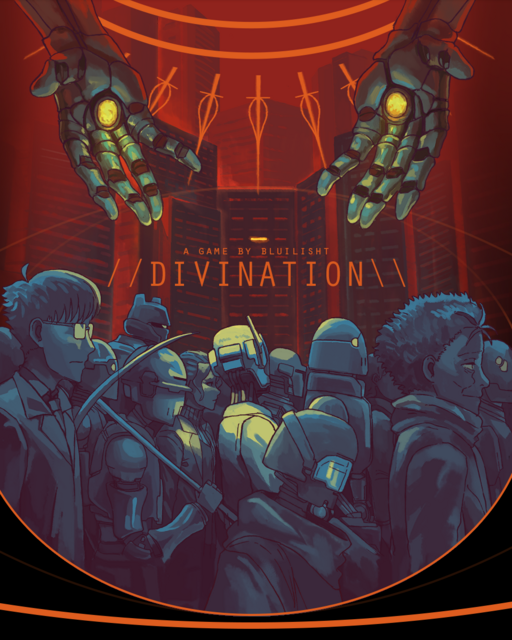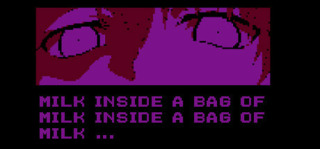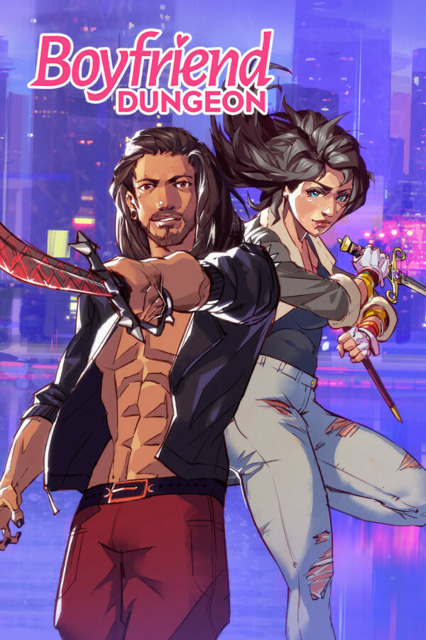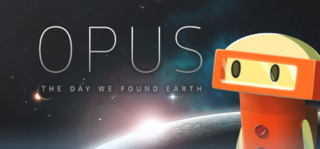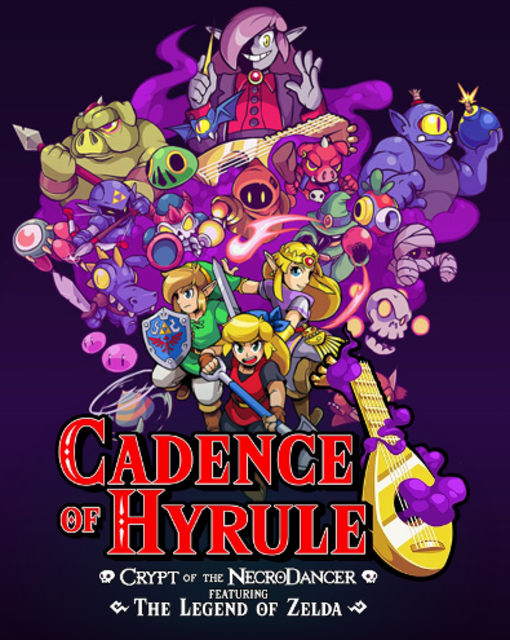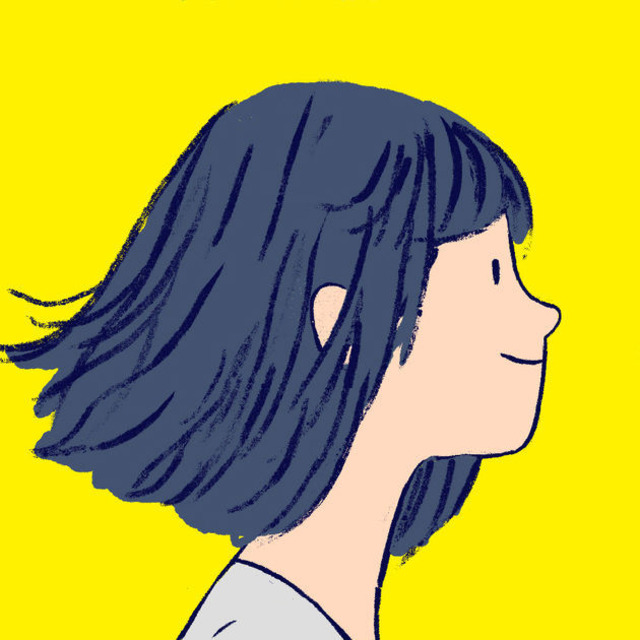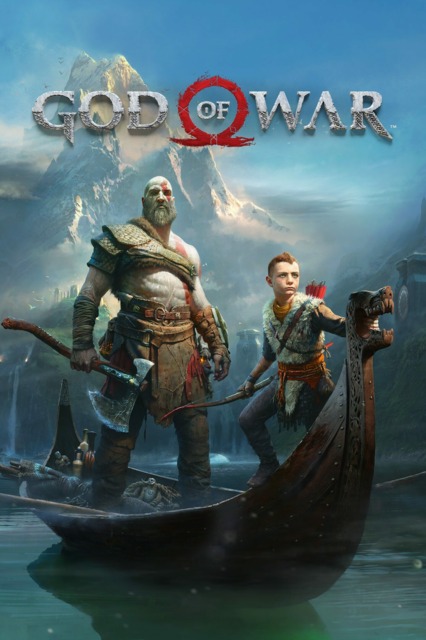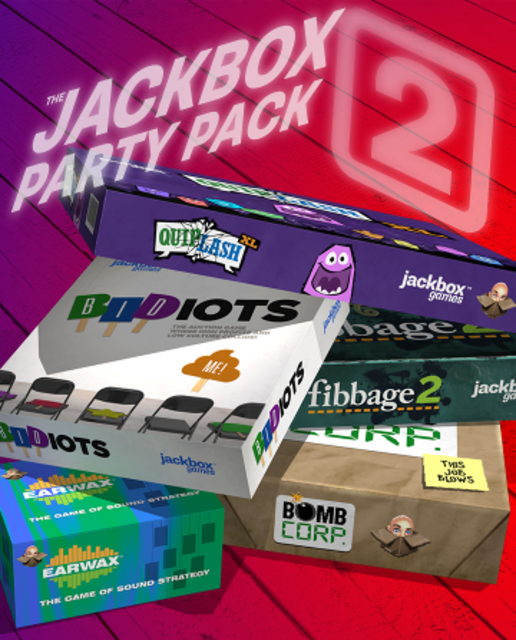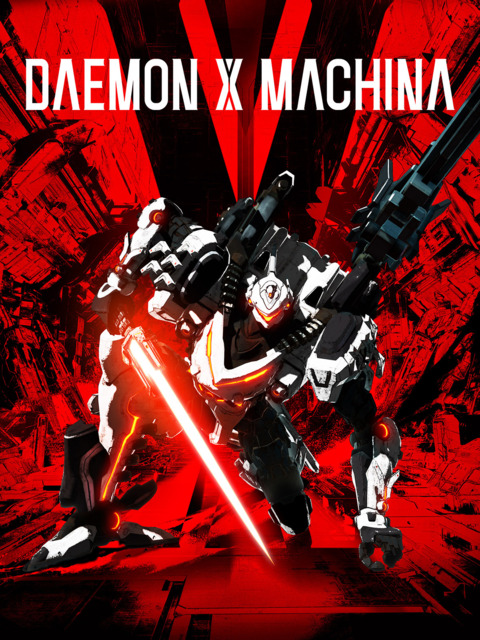Added: 2021/09/04
I’ve been putting off writing about FFX for months. It’s the first game that I’ve added to this list that is both not new to me and a childhood favourite - that brings a lot of baggage with it, and it’s hard to pick through and elucidate those feelings. I have a built-up significance for this game in my head that is impossible to shake, which I can only hope adds value to the critique.
Let me first start with the game-y parts. As the first JRPG I played, it created a lot of frankly unrealistic expectations that I still carry with me. In further attempts to play JRPGs, I couldn’t understand why I wasn’t allowed to use every member of my party and swap between them at will, why the members of my party seemed so interchangeable, or why sometimes the game didn’t even show them attacking enemies in any meaningful way. I certainly didn’t understand why ATB was a thing (honestly, it’s still not a combat system I gravitate towards), or why I wasn’t planning 3 moves ahead the way FFX sometimes expects you to do. I would read game reviews for other JRPGs where the writers complained about how linear they were, and couldn’t figure out why they cared - is non-linearity what people come to these games for? Because FFX certainly isn’t that (and while I understand the desire for some amount of exploration in games like this, it’s still not one I share - it is not the strength of JRPGs). The Caribbean and Southeast Asian flavour of FFX’s world design is so unique and its combination of fully 3D graphics and pre-rendered backgrounds is vibrant and lived-in; Squaresoft in a short-lived technical transitional period that sadly could’ve never lasted. The soundtrack is maybe not quite FF7 level, but it’s pretty damn close. This is simply, at a base level, a good game to hang around in.
When it comes to its personal significance, I should start with the most exaggerated thought I have possible - I’m pretty sure there’s a version of me that, at the age of 12, gets GTA3 instead of this as my second PS2 game and turns into a different person. I don’t want to put too much significance in media and how it shapes a person; certainly there’s a balance to hold between the ideas that 1) art is significant, more than simple entertainment, and can affect real change in the world and 2) there are many more factors than “what videogames a person played” that colours their viewpoint and overall personality. But FFX opened doors to me in a way that wouldn’t have happened otherwise, or at least would’ve happened later in my life. It was not the type of game people around me were playing, which were primarily the major Nintendo games of the day, sports games of both the sim and arcade variety, and as mentioned, Grand Theft Auto. It was not only the first non-Pokemon JRPG I’d ever played, but the first one I’d ever seen. Perhaps more importantly, it was a game with an honest-to-god story, a long one that you followed over a span of several hours, with themes at its core and characters to fall in love with. And those themes are important ones.
It’s a meme that at the end of every JRPG you and your ragtag party attack and dethrone god. Strangely, in most JRPGs this is a twist that happens at the end, often removed from the core conflict of the game, and that is ignored or unknown by the populace of the world. FFX is the only JRPG I know of that is explicitly about this, that builds a world around religion and has every major and minor character relate to it in some way. The player characters, too, have various levels of investment in this religion and how it has shaped their world; their development into a group of pariahs has a wide range of reactions both internally - Tidus, the outsider with no real investment other than the friends he’s met, is all-too-happy to tear down a nakedly unjust system, while the true believer Wakka hems and haws even though he knows you're doing the right thing - and externally, with the party treated with scorn by assorted corners of the world. In short, FFX is often a game about how for all the good religion can bring, it is perverted by its institutions and the individual desires of the people who run them. It does this elegantly and sympathetically, understanding that religion can be truly valuable and that when people come to it honestly, it’s because it gives them something - hope, community, belonging - and not because they’re uneducated yokels. This is the rare JRPG that ends with the state of the world being significantly changed rather than returned to the status quo; it’s telling that this is the first Final Fantasy game with a direct sequel, because there really is so much ground to explore by the end of it.
To a kid who had been in the private Jewish education system for 7 years at that point, this was mind-blowing stuff. I was not a particularly religious kid, and had already been questioning the things I was taught (The Matrix had hit a year or two prior) but this was primarily out of annoyance rather than any sort of moral stance - I hated bible study, didn’t much care for learning Hebrew, and DEFINITELY did not see why I had to spend my Friday mornings in school praying. FFX captured and cemented so much about how I related to my Judaism, and turned what was a nagging feeling into something I could hold onto and develop.
FFX has also been a white whale for me because I never beat it despite my love for it. I didn’t know how to approach games like this yet and it’s got a couple pretty nasty difficulty spikes that still messed me up even after becoming more familiar with the genre over the past decade and a half. But this also cemented the game as an important moment in my longest-lasting friendship, as it led to me trading off the game with said friend, passing it back and forth with new, better-spec'd save files and so on. I bought the same friend a little 500 yen figure of Yuna when I went to Japan 3 years ago. I gave it to him at his bachelor party. He was so excited about it; it sits on a shelf in the family room that he now shares with his wife. We still hang out all the time.
I think the thing with games is that I care about them a lot as a general thing, but that there are very few individual ones that are important to me. FFX is one of the rare ones. It’s such a delight to reevaluate a piece of media that was momentous to your youth and know that you were really onto something, even back then.

